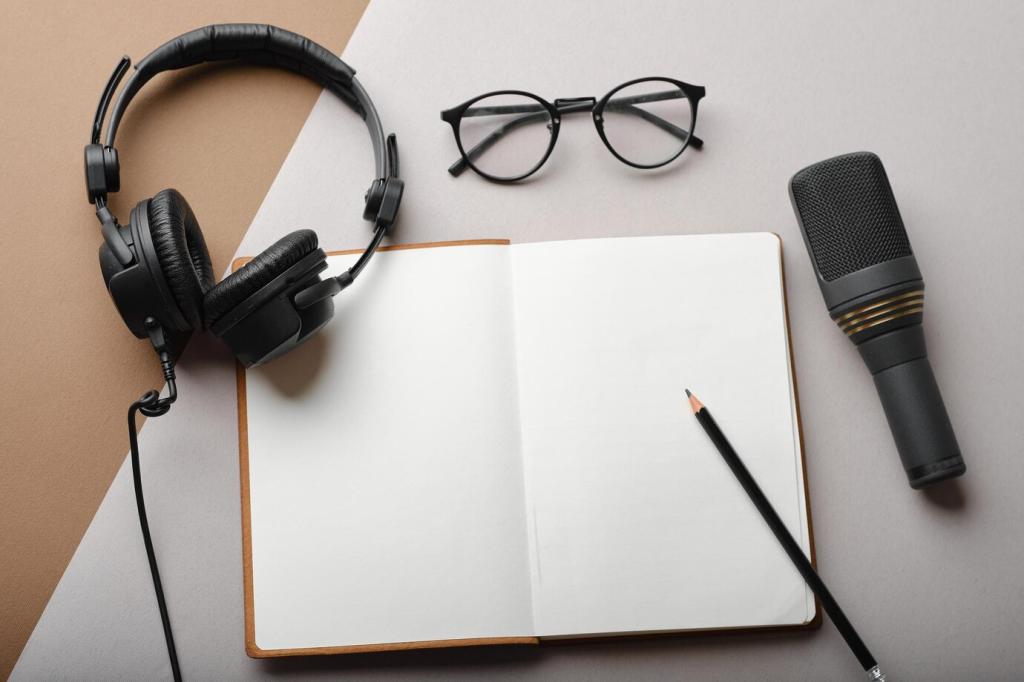Case Files: Lessons from the Field
We once misread a rate as absolute numbers, inflating a trend. A late-night double-check flipped our conclusion and reshaped the narrative. Share your own near-miss in the comments, so others can learn before the same blind spot bites.
Case Files: Lessons from the Field
A charismatic source had a cinematic arc—but documents wouldn’t land. We killed the episode and published a short explaining why. Listeners respected the decision, and several offered better leads. Sometimes integrity delivers the best long-term audience growth.





